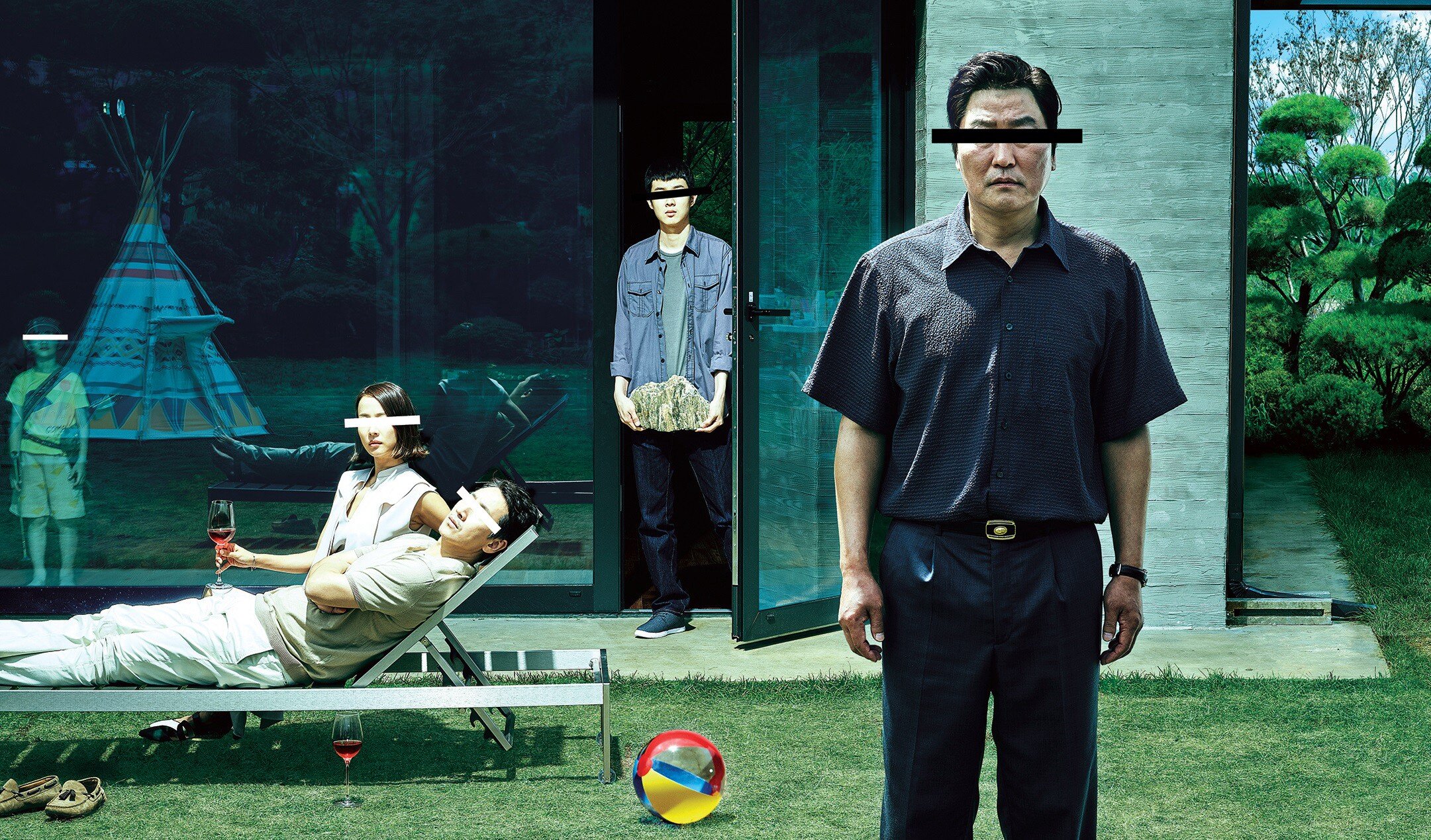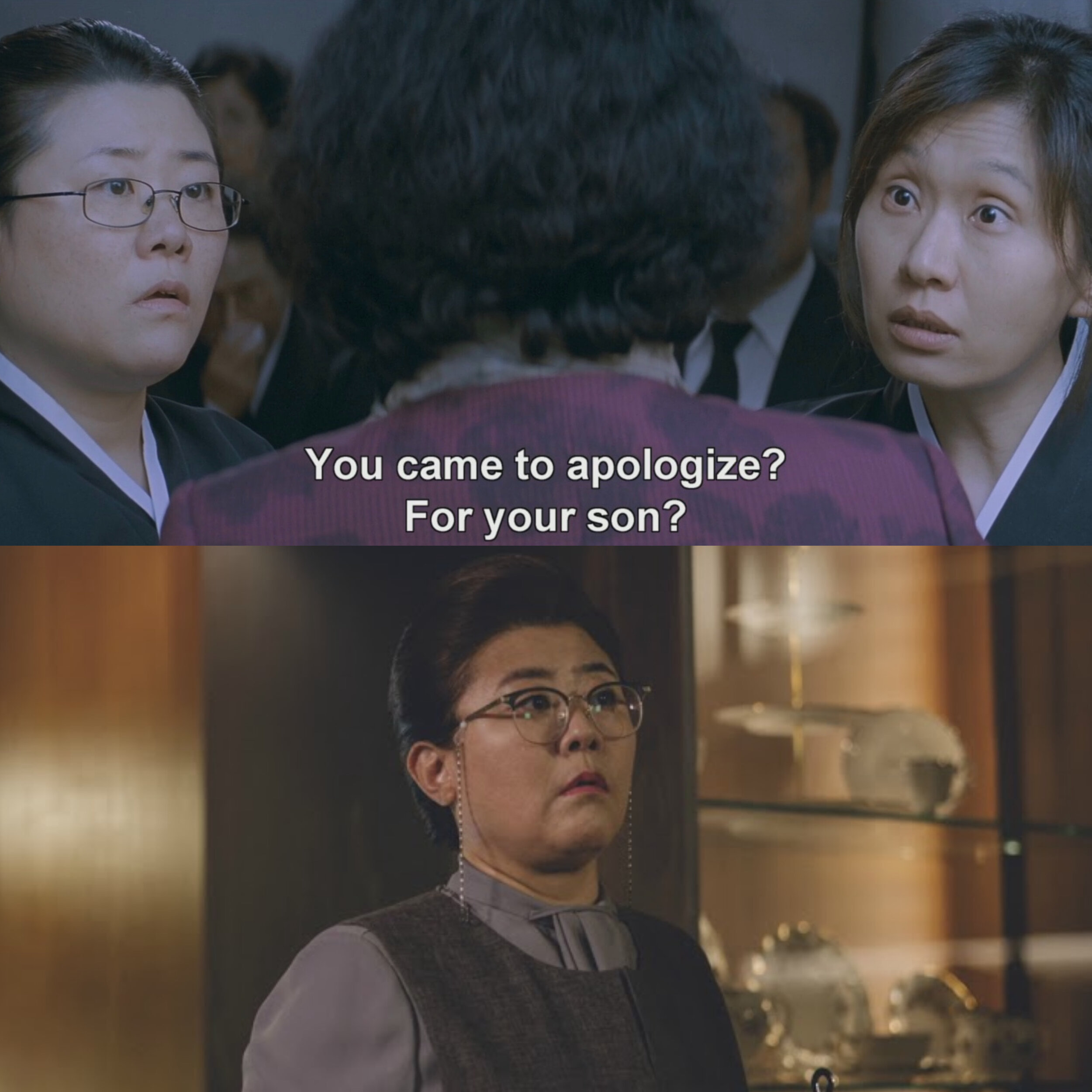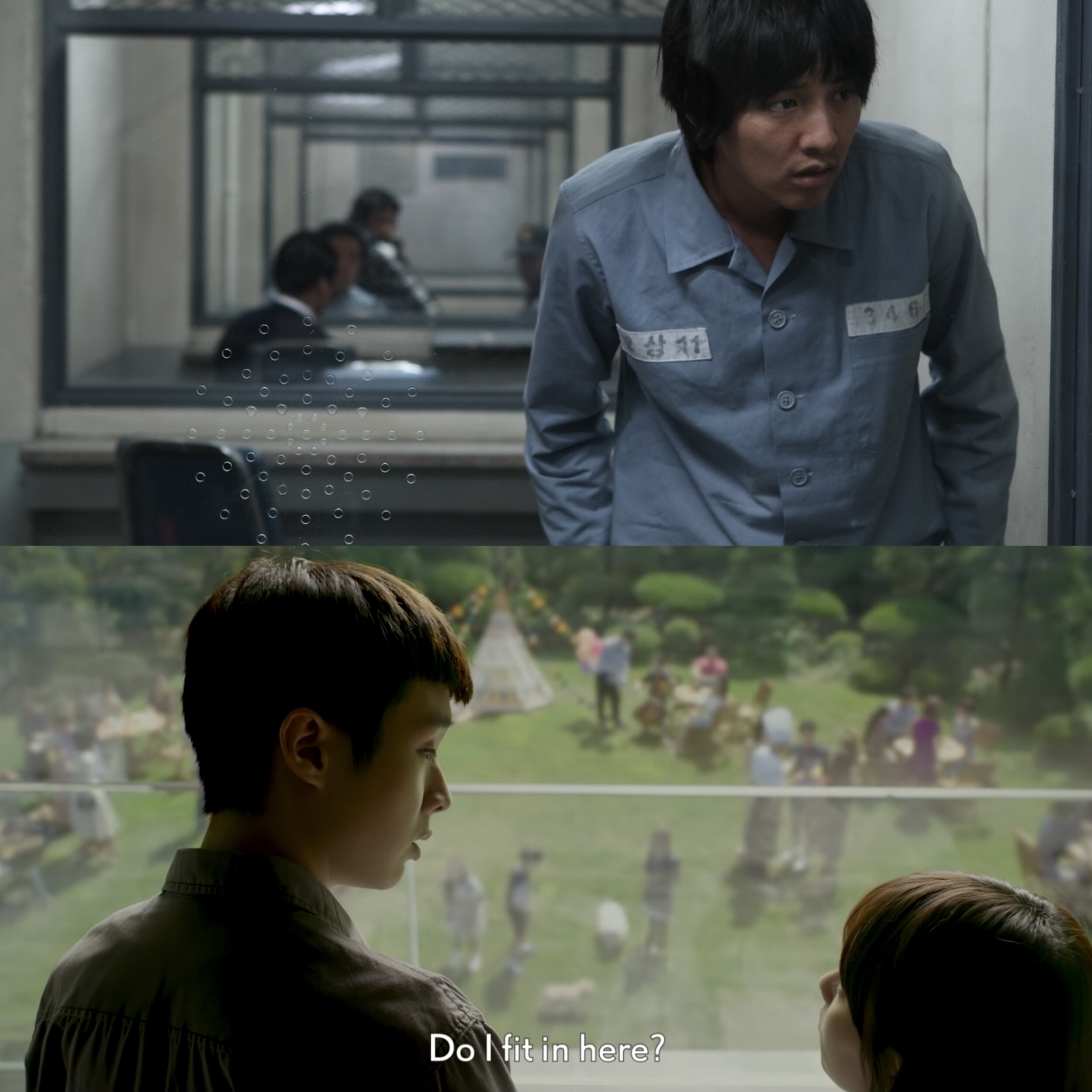Mother (2009) film review - similarities to ‘Parasite’
A decade before ‘Parasite,’ director Bong Joon-ho produced the shocking thriller ‘Mother.’ And the two films share a lot of similarities.
Bong Joon-ho's ‘Parasite’ has been dubbed the greatest film of 2019, winning a myriad of awards including the Academy Award for best picture, and the Golden Globe for best foreign language film. I did love ‘Parasite,’ and I can’t dispute that it is an excellent film. The fact that it managed to attain such astronomical mainstream popularity across the world, in an age where many despise the idea of watching a subtitled film in the cinema, is testament to its power. But why is ‘Parasite’ so good?
Though undoubtedly artfully executed, and with a rare ability to oscillate between a variety of genres, the root cause of the global popularity of ‘Parasite’ is perhaps the way it weaves such evocative themes into its storytelling. Poverty, class, inequality, injustice, and family are all themes that resonate strongly not just in South Korea, but also Australia, the UK, America, France, Germany Japan... the list just goes on. Director Bong Joon-ho attributed the success of ‘Parasite’ similarly to his nuanced portrayal of the South Korean class divide. He stated in an interview: ‘perhaps the deeper I delve into things that are around me the broader a story can become and the more appeal it can have to an international audience.’
‘Mother’ (2009) film review
★★★★☆
Director: Bong Joon-ho. Starring: Kim Hye-ja, Won Bin, Jin Goo, Moon Hee-ra, Lee Jung-eun. 15 cert, 128 min.
‘Parasite’ is not the first time Bong Joon-ho has explored themes like poverty and injustice in such a meticulous, artistic manner. His 2009 film ‘Mother’ is similarly genre-bending, existing as a comedy, drama, and thriller simultaneously. 'Mother’ follows the titular widowed Mother of a mentally challenged boy, Yoon Do-joon, who is accused of the brutal murder of a young girl following a criminally incompetent police investigation into the case. Failed by the legal system and unable to scrape together enough money for a lawyer, Mother carries out her own detective-work in an attempt to unveil the real killer and save her son. ‘Mother’ is an emotionally charged, deeply psychological look at the unconditional love a Mother holds for her son, and the drastic lengths she will go to protect him.
‘Mother’ (2009) film poster artwork
Frequently disturbing and often uncomfortable to watch, Bong Joon-ho's ‘Mother’ adopts shocking imagery and a dry, sardonic humour in a tone similar to ‘Parasite.’ And though ‘Mother’ takes place on a more modest scale, set in a small South Korean town, its social commentary is still impressively broad. Kim Hye-ja delivers an excellent performance as the unnamed character Mother, a woman practicing unlicensed acupuncture to make ends meet and provide for her son, of whom she is fiercely protective over. Her son Yoon Do-joon, played by Won Bin, is intellectually disabled and frequently bullied by those around him. ‘Mother’ masterfully explores the unfair treatment of the disabled by an ignorant, uncaring society through a story that from the outset proves it is not your typical crime thriller. However, it also shares some stark similarities to ‘Parasite,’ not only in its themes but in its imagery and symbolism.
Before I go into the cinematic parallels between Bong Joon-ho's ‘Mother’ and ‘Parasite,’ it must first be said that both films possess unique artistic merit, and I am in no way attempting to discredit either picture through comparison. Also, if you haven’t yet watched ‘Mother,’ a spoiler warning is necessary.
Similarities between ‘Mother’ and ‘Parasite’
Class inequality
Bong Joon-ho's exploration of class inequality exists in many of his films, including of course his 2013 action-packed sci-fi flick ‘Snowpiercer.’ And though it is an idea perfected and refined in ‘Parasite,’ the significance of class and poverty is always lurking in the backdrop of ‘Mother’ too, driving the actions of the film’s titular character. At the start of the film, Yoon Do-joon is nearly hit by a car belonging to rich Korean socialites en route to a swanky country club. Furious, Do-joon and his friend Jin-tae follow the car and enact childish revenge on its affluent passengers. The socioeconomic gap between the rich and poor is evident here, and shows the ways in which ‘Mother’ lays out the foundation for Bong Joon-ho's more in-depth exploration into what happens when these two worlds collide in ‘Parasite.’
The rock
The infamous rock in ‘Parasite’ is a scholar stone or ‘Suseok,’ a Korean term for naturally occurring rocks with a traditional sense of value intended to bring good luck. In Bong Joon-ho's 2019 film ‘Parasite,’ it is overtly symbolic of Ki-woo's desire to take care of his family, but soon becomes dramatically ironic as it is used at the end of the film to bludgeon him to near-death. In a shocking twist, we learn at the end of ‘Mother’ that Yoon Do-joon did in fact kill the girl he has been accused of killing. And his weapon of choice? A large rock. Though not nearly as symbolic or reoccurring as the Suseok in ‘Parasite,’ the rock in ‘Mother’ takes on a similarly murderous role and pushes Do-joon's Mother to contemplate how far she is willing to go to protect her family; and, much like in ‘Parasite,’ the answer is murder.
Lee Jung-eun
You may know her as the housekeeper in ‘Parasite,’ but Lee Jung-eun also made a brief appearance in Bong Joon-ho's 2009 film ‘Mother’ as Moon Ah-jung's mourning relative.
Injustice
Though the real enemy in both ‘Parasite’ and ‘Mother’ is arguably the unjust class system, this inequality is shown to create conflict between working class people. In Bong Joon-ho's ‘Mother,’ the true villains are the incompetent authorities who care very little about carrying out correct criminal justice. But the undeserving victims in ‘Mother’ are an unlucky junk collector, a poor young girl who trades sex for food, and an innocent disabled boy. In ‘Parasite,’ the Kim family are led into conflict with an equally unprivileged couple living in the rich Parks family basement, all of whom are victims of a fate largely determined by the family they are born into. Bong Joon-ho shows us in both ‘Mother’ and ‘Parasite’ that life really isn’t fair for poor and disadvantaged people, highlighting how the unjust nature of the class system portrays working class people as criminals... and parasites.





